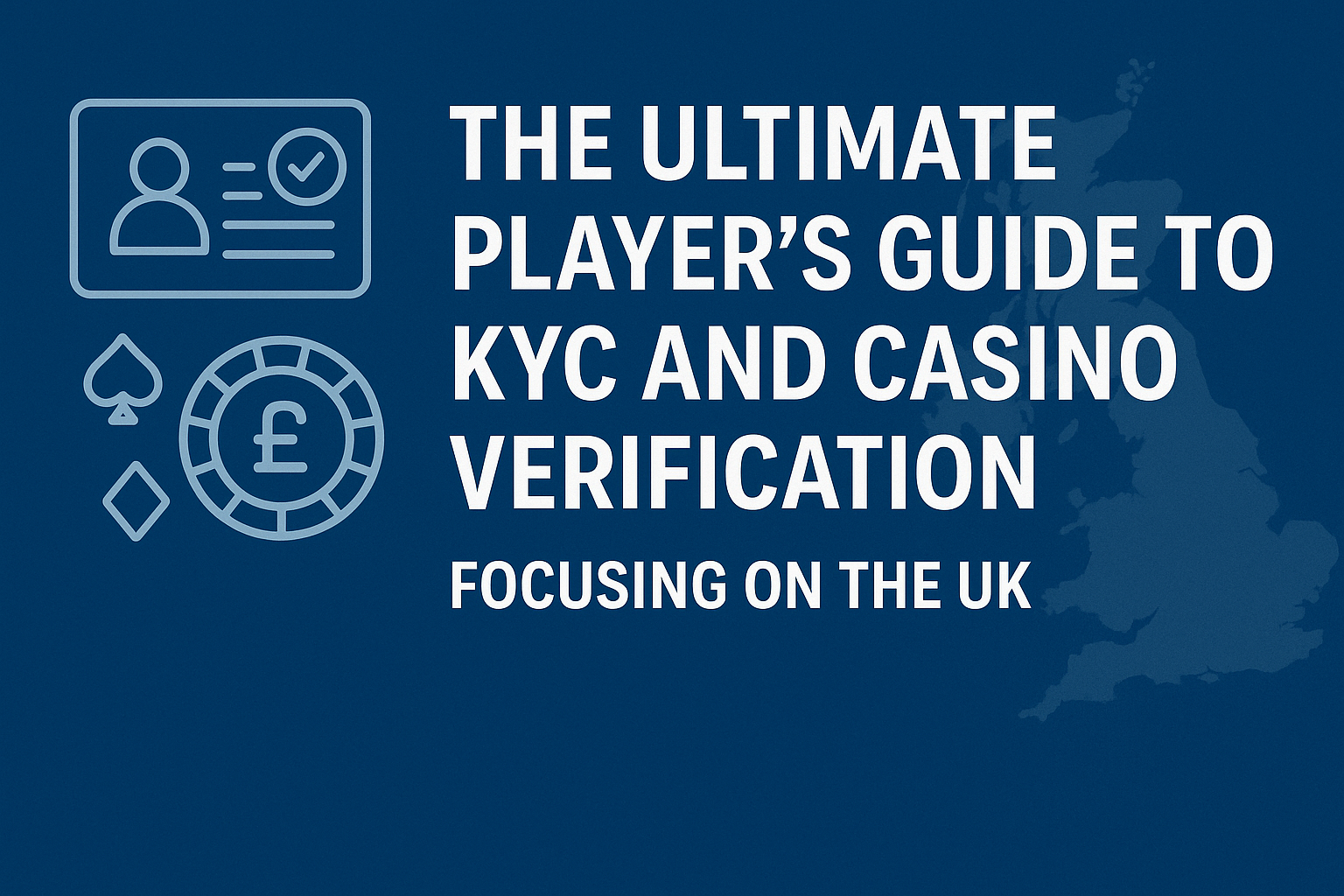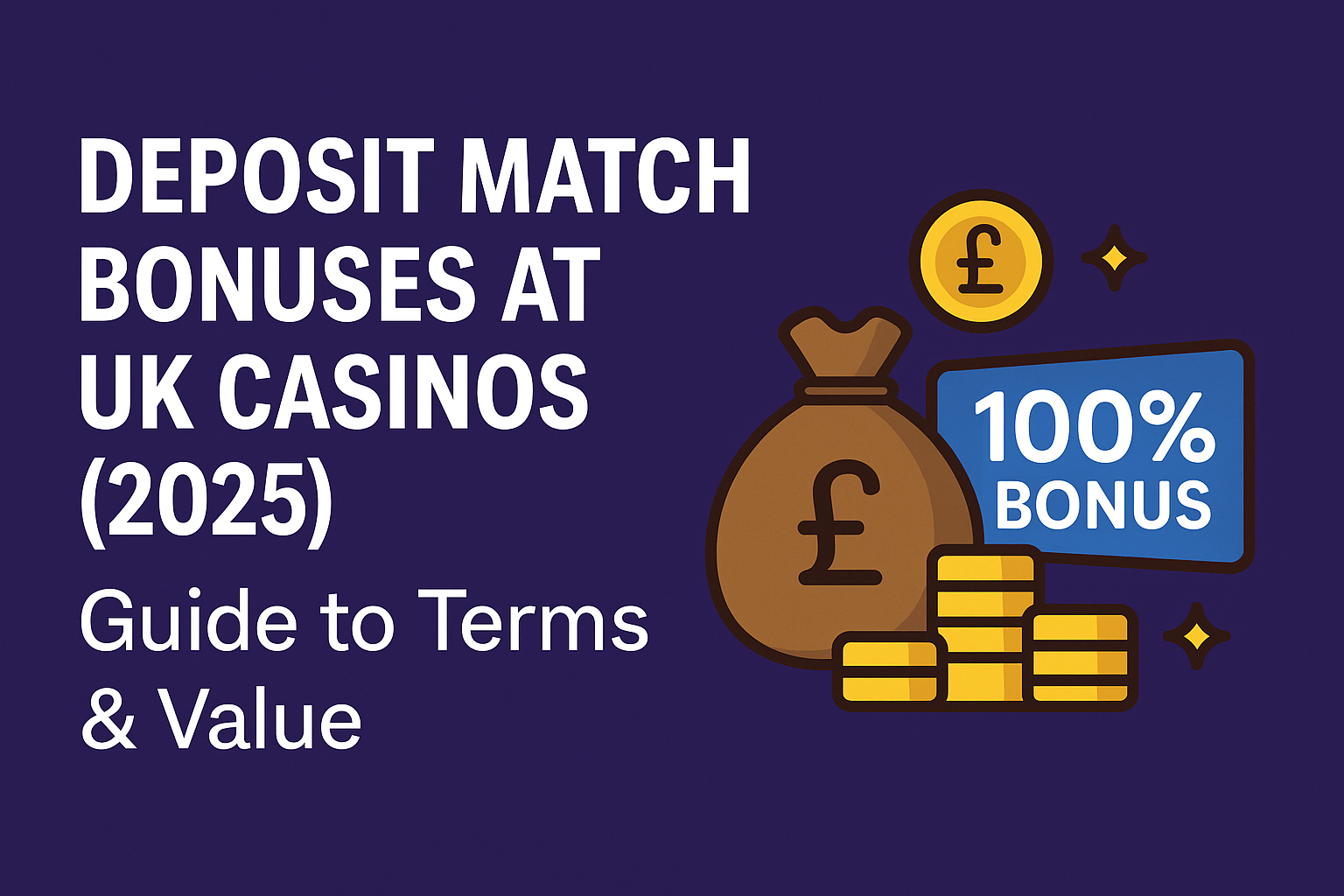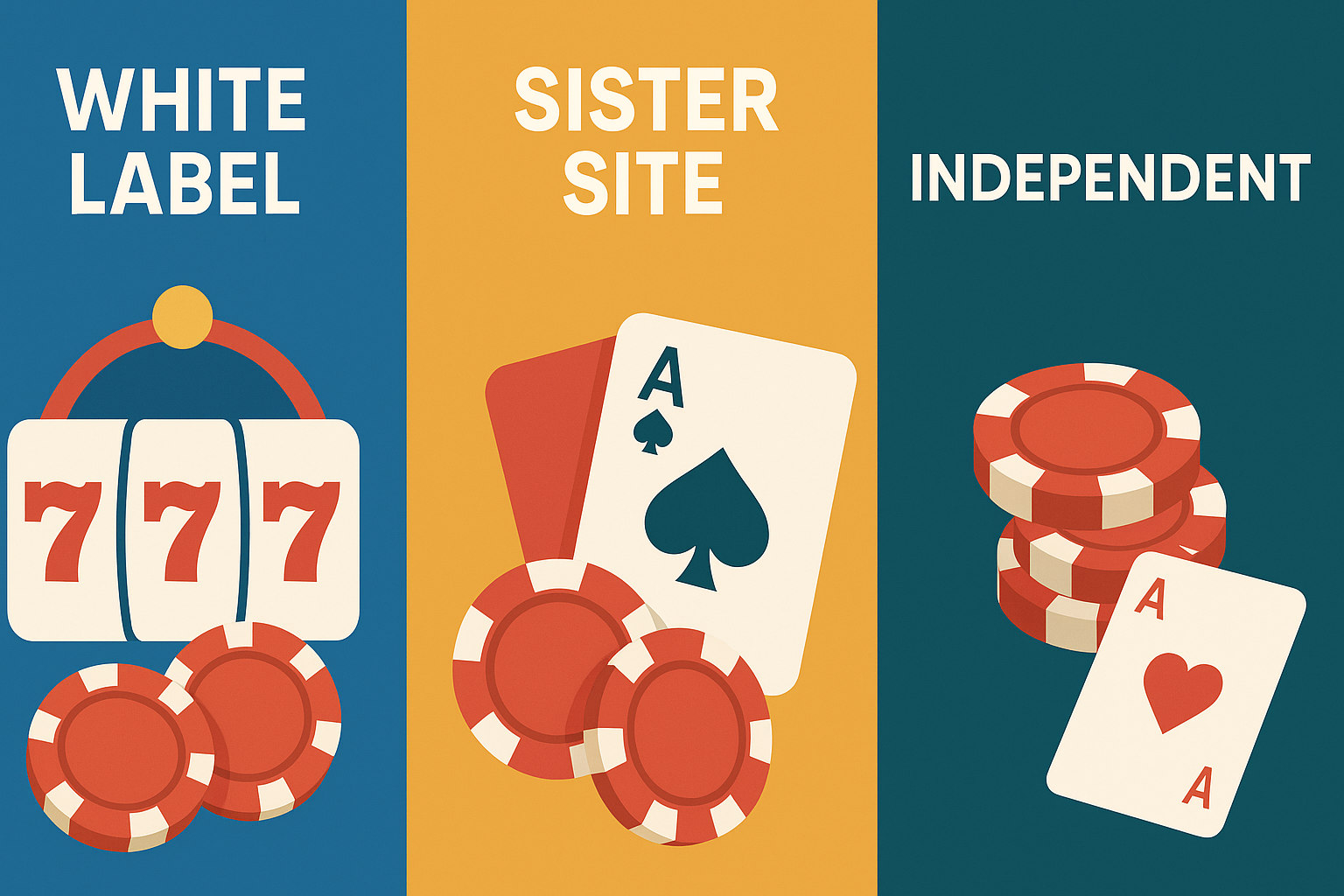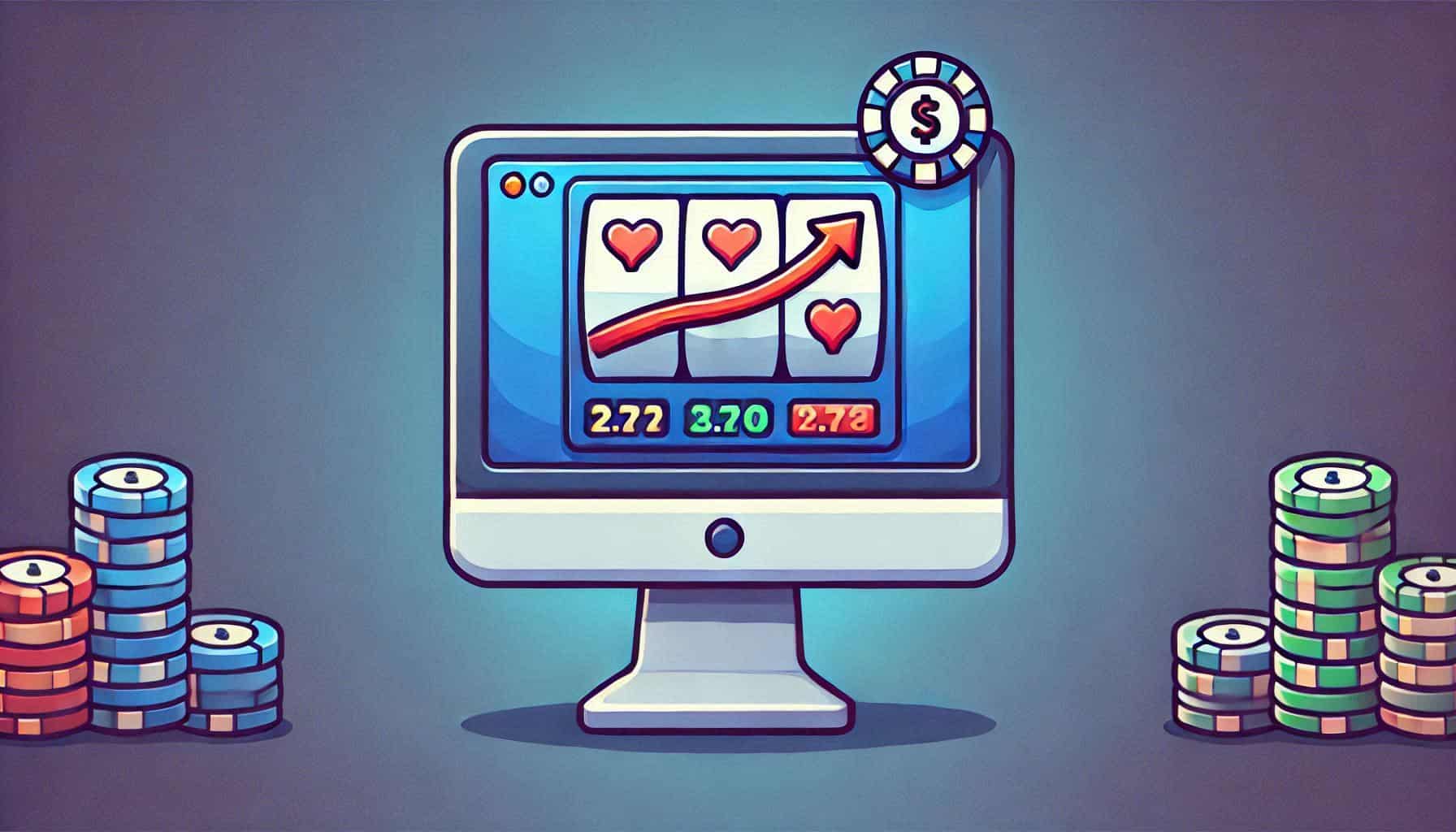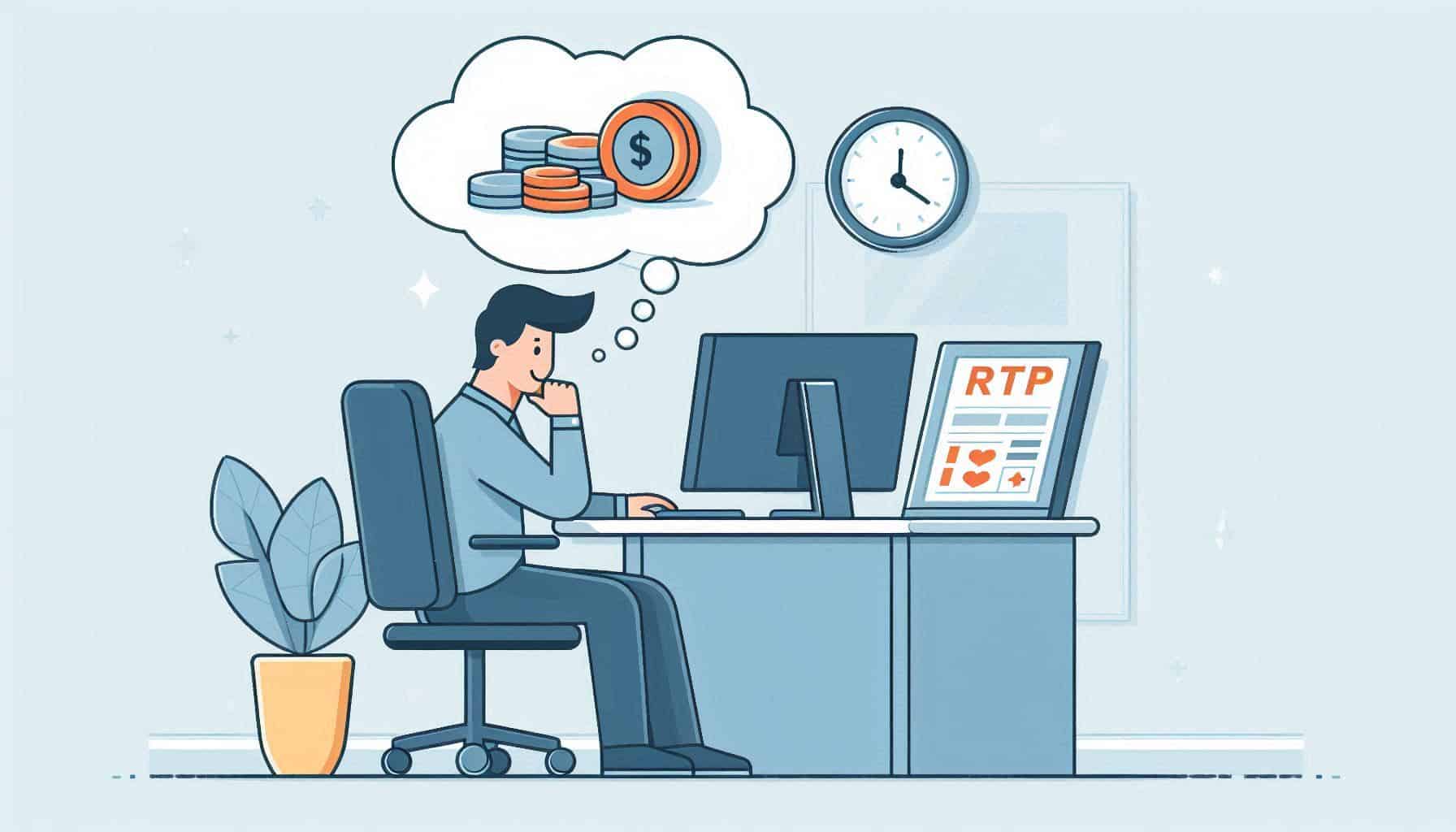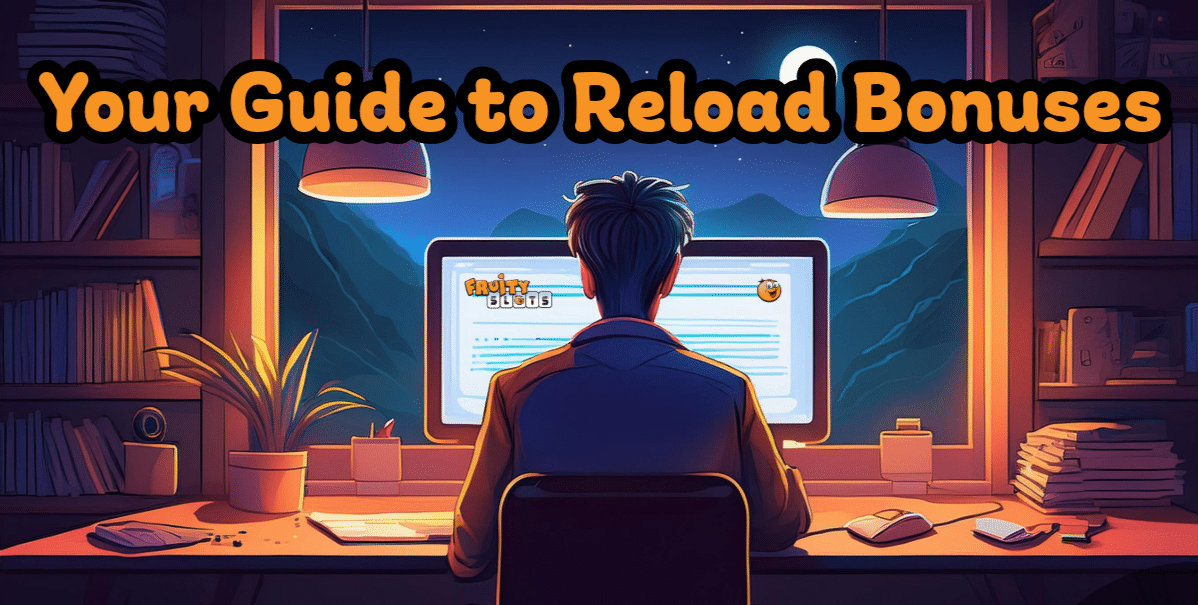KYC, EDD, CIP? It all sounds confusing, but we promise, it’s not! This guide will tell you everything you need to know about the KYC process. From what it’s there for and if it’s mandatory, to how to complete it as quickly as possible and the common stumbling blocks – this guide has it all.
What is KYC and What Does it Stand For?
KYC stands for Know Your Customer. It started off as a requirement in the banking world, but it’s made its way to a lot of places that deal with money – one of those is casinos. In fact, it’s a legal requirement for all casinos with a UKGC licence. It requires them to verify that you are who you say you are. It helps to prevent money laundering and prevent people who’ve self excluded from accessing casino sites under a false name. In short, it’s there for everyone’s protection
Why Do Casinos Require KYC Checks?
Casinos have to complete a KYC check to ensure that you are who you say you are. This helps them to comply with anti-money-laundering (AML) regulation, as well as ensure that responsible gambling tools like self exclusion, GAMSTOP, and take a breaks, are working as intended.
How to Complete a KYC
Completing a KYC is designed to be as quick as possible, but if you’re not prepared with the right documents it can take a frustratingly long time. Below you’ll find a complete list of all the things you could be asked for as part of the KYC process.
After that, we’ll tell you where to submit them – as this varies from casino to casino. Then you can whizz through a quick step-by-step guide to make sure you get every part right.
Which Documents Will You Need?
- ID: Regardless of where you’re completing your KYC, you’ll need to provide a copy of your ID. At most UK casinos this can be a photograph, so you won’t need a photocopier. However, it has to be government issued – this usually leaves you with two options, passport, or driver’s licence.
- Proof of Address: Your proof of address should exactly match the address you gave when you signed up to the casino. As well as this, it must be dated within the last 6 months, but 3 months is generally safer. Good options for proof of address are: utility bill, bank statement, mobile phone bill.
- Proof of Funds: At some casinos you’ll also need to provide proof of funds. This is generally as simple as taking a photo of the front and back of your debit card.
- Proof of Likeness: Increasingly, casinos require you to submit photos of yourself from the front and both sides. This is to check that the ID you’ve provided is yours – sort of like a bouncer looking you up and down before letting you into a club!
- Additional Documents: Over and above these requirements, some casinos will also ask for proof of employment. This is to further comply with AML regulations and to make sure your money is coming from a legitimate source.
Submitting Documents
Gathering together your documents is always the most time consuming part of completing the KYC. If you’re the kind of person who’s never quite sure where your passport is, then a good idea is to keep the photocopies in a password-protected folder on your phone or computer.
This saves you the hassle of finding them every time you sign up for a new UK casino site. However, do remember you’ll need to update your proof of address every three months!
Once they’re all gathered, it’s time to submit them. There are three different ways to do this and a lot of casinos will accept documents in all three ways – but some won’t. If you’re not sure the best way to send your documents, just ask a live chat agent.
- Account Settings: The most common way to complete the KYC is through your account settings. Scroll through your settings until you see KYC, Identity Verification, Submit Documents – or similar. This is where you submit the photos you took. You’ll be guided through the process automatically and it may be through a third party website.
- Live Chat: Some casinos will let you submit your documents through live chat. If this is an option then it’s a great one to go for, as sometimes the live chat agent can verify them on the spot for you.
- Email: The final option is submitting via email. This is the option that tends to take the longest, but for some casinos, it’s the only option! Be sure to clearly write KYC documents in the subject – or check to see if the casino has something specific they would like you to write.
Step-by-Step Guide to KYC Procedure
Below you’ll find a step-by-step guide to completing the KYC process. We’ve chosen to use the ‘account settings’ option from above, as this tends to be the way that most UKGC-licensed casinos do it.
- Register with the casino or login and head to your account settings.
- Look for something that says ‘identity verification’, ‘KYC’, ‘submit documents’ or similar. Then click it.
- You should have an upload or begin button. Click this and you’ll be guided through the process.
- Often a window will open that explains you’re being taken to a web address outside of the casino. This is nothing to worry about! Lots of casinos use outside companies to run their KYC checks for them.
- Complete the steps as instructed. This often involves scanning your documents manually and tilting your head around in a circle to confirm your likeness.
- Once your KYC ic complete, make sure to wait for it to be confirmed before trying to make a withdrawal.
Instant Verification KYC
Ever signed up to a casino and realised you never completed a KYC? You’re not going crazy, that actually happens all the time. The reason this is possible at some casinos is because you’ve probably completed the KYC already – at one of their sister sites.
Between sister sites, casinos can share your information, so they will recognise your email address, name, date of birth, and address, and know that they already have you on file.
It’s a massive time saver – and one of the reasons lots of UK players enjoy using sister sites!
Additional Bodies/Parts Involved in the KYC Process
As well as the casino itself, there are other bodies involved in making sure that the KYC process runs smoothly. Below are the two main parties you’ll find help complete your KYC.
Customer Identification Programme
The customer identification programme, or CIP, requires all financial firms to obtain 4 pieces of identifying information about their customers. These are the customer’s full name, date of birth, address and ID number.
Customer Due Diligence
Although not a ‘body’, the customer’s due diligence is another requirement to obtain the player’s credentials. This information is collected so that an online casino can verify their identity and also assess their risk profile to combat money laundering. This allows the regulatory body and the casino site to screen for suspicious behaviour.
Enhanced Due Diligence
Enhanced Due Diligence (EDD) is like KYC’s bigger, stricter sibling. While a standard KYC check confirms your identity and address, EDD wants to know where your money actually comes from.
It’s triggered if you’re depositing or withdrawing unusually high amounts, or if your activity raises a flag for potential money laundering. You might be asked for bank statements, payslips, or even tax documents.
When Do Casinos Ask for KYC?
Some casinos will ask for you to complete the KYC straight away as soon as you sign up – and as we’ve covered, some do it automatically. However, if it’s not been completed automatically, you will always have to do it before your first withdrawal at a UKGC licensed casino.
At casinos with a different licence it’s sometimes triggered at different times, like when you hit a certain withdrawal threshold or if your account activity looks unusual. But, if you’re only playing at UKGC licensed sites (which we highly recommend you do!) you’ll have to complete it before your first withdrawal – at the latest.
What Happens if You Fail a KYC?
If you fail a KYC your account will be suspended, with all winnings locked until you pass. It sounds disastrous, but it’s nothing to be too concerned about (unless you really are money laundering!)
Failing a KYC is often as simple as a typo, or a blurry photo. So, if you fail and you weren’t expecting to then don’t panic. There are lots of work arounds to get your account up and running again. Below are tips on what to do if your account is suspended because you failed the KYC check.
- Always contact live chat staff first (if possible), if not, send an email explaining the situation. Someone will get back in touch and usually tell you exactly what the problem was.
- Resubmit your documents making sure nothing is a) expired, or b) blurry.
- You should also check that your address matches. This is a really common problem, it’s easy to forget to change your address in a house move on certain documents!
Once you submit the correct, non-blurry documents, your account can be back up and running in minutes.
How Long Does a KYC Take?
How long is a piece of string? But seriously, it varies a lot between casinos. As automated checks become more popular, you’ll often be verified within a couple of minutes.
However, if you’re playing at a casino that does things manually, it can take up to 48 hours. This is why it’s so important to complete your KYC early (even if the casino doesn’t prompt you) because you could be waiting a long while for a payout otherwise.
KYC taking longer than usual? Consider the following factors:
- Are your file types the correct ones?
- Are any of your images early?
- Is your proof of address from the last 3 – 6 months?
- Have you moved house since your proof of address?
- Is it a weekend or bank holiday?
All of these factors can slow down your KYC. That’s why it’s well worth getting it right the first time.
Is My Data Safe During KYC?
One of the brilliant things about a UKGC licence is how well protected your data is. All UKGC licensed casinos must employ SSL encryption and uphold GDPR rules. Some casinos do the KYC verification themselves, but mosty will use a third party verification service.
The reason for this is simple, casinos cannot store your information and it takes considerable effort (and funds) to set up the necessary safeguards just for handling that information. By using a third party company they can ensure total compliance – and probably pay less too.
KYC vs Enhanced Due Diligence (EDD)
We touched on Enhanced Due Diligence (EDD) earlier, as it sometimes comes into play, as an addition to the standard KYC check. If you’re on a fairly sensible budget then you’re unlikely to come across EDD checks, but if you’re a high roller, EDD checks are very likely. Below is what you can expect to ne asked for:
- Source of wealth statements
- Payslips
- Tax returns
All of these documents are important to help casinos comply with AML, to ensure your account has not been compromised by fraudsters, and to ensure your money really is coming from where you say it’s coming from.
What Does a KYC do for You?
It’s easy to see KYC as a slightly inconvenient hoop you’ve got to jump through just to get your casino winnings out fast. But, it’s not just about the casino ticking boxes. KYC is there to protect you too.
It makes sure that only you can access your account. In doing so, it keeps fraudsters from cashing out your balance if your login ever gets compromised. It prevents underage gambling and stops people using your identity for money laundering or other dodgy activities.
So next time you sigh at having to complete a KYC – just imagine how annoyed you’d be if someone else got to cash out your hard-won winnings!
FAQs About KYC Procedure
-
What is the KYC Procedure?
KYC stands for Know Your Customer and is a procedure aimed at verifying the identity of a casino player. It is a mandatory process required by the governing bodies that licence casinos and fight money laundering. -
How Does the KYC Check Work?
If you want to know what KYC procedures mean, it is a process that requires players to submit personal documents that verify the identity of the customer. These include a copy of an identity document, proof of address and a copy of financial transactions verifying ownership of the payment method. -
Are KYC Protocols Mandatory?
Yes, KYC (Know Your Customer) protocols are mandatory for licenced online casinos in most jurisdictions. These protocols are implemented to prevent money laundering, fraud, and other illicit activities, as well as to comply with regulatory requirements. Failure to adhere to KYC regulations can result in severe penalties for the casino operator, including fines or license revocation. -
Are There Casino Sites that Don’t Ask for the KYC Process?
Some online casinos may have simplified or threshold-based KYC processes, but comprehensive KYC verification is typically a regulatory requirement to prevent fraud and money laundering. Always ensure the chosen casino prioritizes security and regulatory compliance. -
Is the KYC Verification Procedure Available at All Casinos?
No, not all casinos offer the same level of KYC verification procedures. While many reputable casinos adhere to strict KYC protocols to comply with regulations and ensure security, some may have less stringent requirements. It’s essential for players to verify the KYC policies of a casino before registering to ensure compliance with regulatory standards and the protection of personal and financial information.

